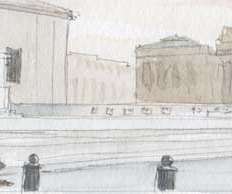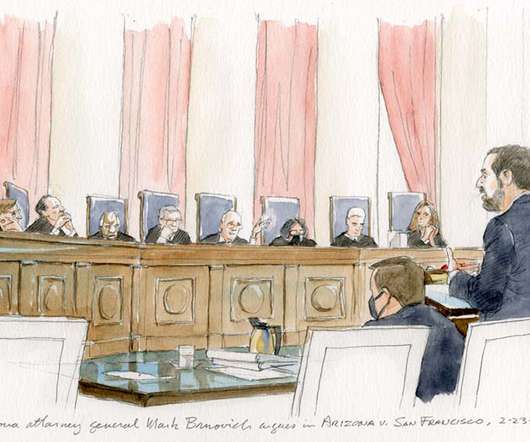“Remain in Mexico” and Texas’ anti-abortion law
SCOTUSBlog
JANUARY 7, 2022
After Texas and Missouri challenged that decision, a federal district court vacated the secretary’s termination, in part on the administrative-law ground that the decision was insufficiently explained. whose attorneys contribute to SCOTUSblog in various capacities, is among the counsel to the petitioners in this case.














Let's personalize your content